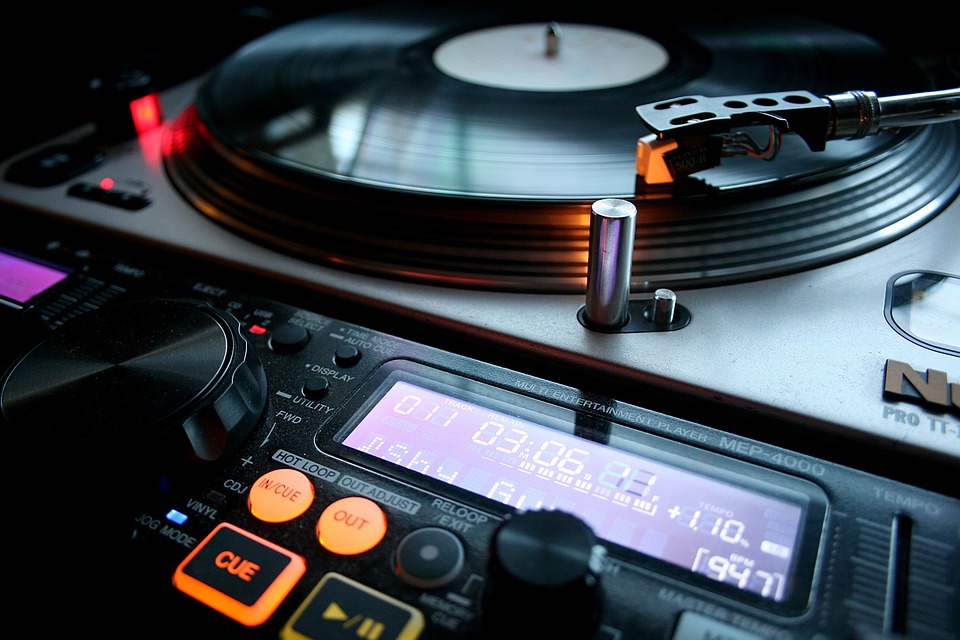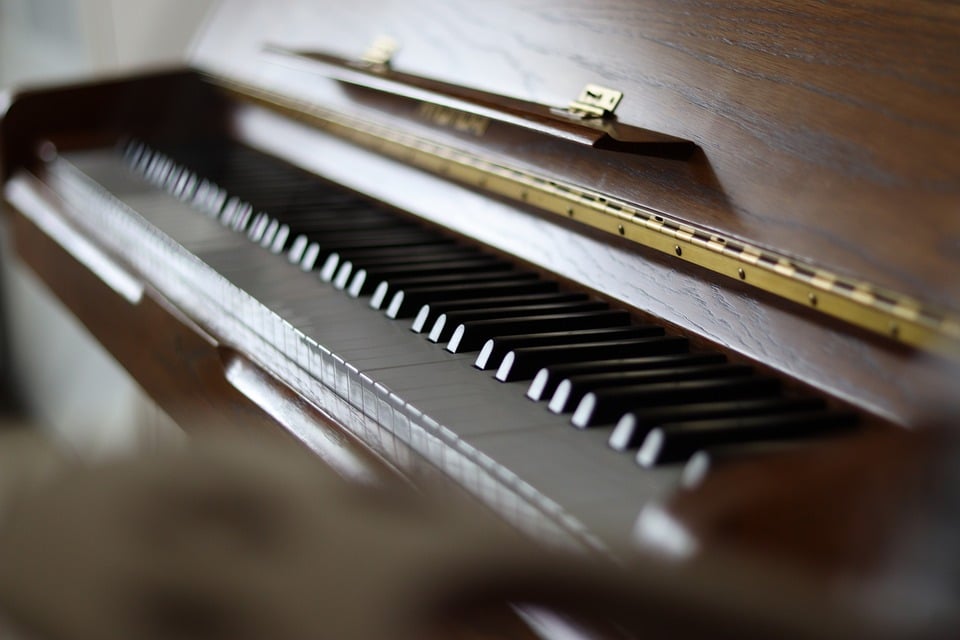A power conditioner is an essential tool for guitarists that helps manage electrical power to their gear. It ensures clean, stable power supply, protecting equipment from fluctuations and noise. This article delves into what power conditioners are, their significance for guitarists, and how they enhance performance and longevity of gear.
Understanding Power Conditioners
Power conditioners are devices designed to improve the quality of electrical power supplied to musical equipment. They filter out noise and voltage spikes, ensuring that the power reaching your gear is clean and stable. This is particularly important for sensitive electronic equipment like amplifiers, effects pedals, and digital interfaces, which can be adversely affected by electrical interference.
Essentially, a power conditioner acts as a buffer between your equipment and the power source. It regulates the voltage and protects against surges and brownouts, which can damage your gear or lead to poor performance. By providing a consistent power supply, power conditioners help maintain sound quality and reliability during performances and recordings.
Why Guitarists Need Power Conditioners
For guitarists, the quality of sound is paramount. Any interference or fluctuation in power can lead to unwanted noise or even equipment failure. This is where power conditioners come into play. They ensure that the electrical current powering your gear is consistent and clean, significantly reducing the risk of hum, buzz, or other unwanted sounds.
Moreover, power conditioners can protect your investment in equipment. Guitarists often rely on high-quality amplifiers and effects pedals, which can be quite expensive. A power conditioner can prevent damage from power surges caused by lightning strikes or electrical faults, extending the lifespan of your gear and maintaining its performance quality.
Benefits of Using a Power Conditioner
Using a power conditioner comes with several benefits that can enhance your overall musical experience. One of the primary advantages is the reduction of noise interference. By filtering out electromagnetic and radio frequency interference, power conditioners help achieve a cleaner sound, which is crucial for studio recordings and live performances.
Additionally, power conditioners often come equipped with surge protection. This feature safeguards your gear from sudden spikes in voltage, which can occur during storms or power outages. Without this protection, your equipment could suffer irreversible damage. A power conditioner effectively acts as a shield, ensuring that your valuable gear remains safe.
Types of Power Conditioners
There are various types of power conditioners available, each designed for specific needs. Some are basic units that primarily filter noise and provide surge protection, while others offer advanced features like voltage regulation and power sequencing. Understanding the different types can help you choose the right one for your setup.
Basic power conditioners generally focus on noise filtering and surge protection, making them suitable for home studios or small gigs. More advanced models might include features such as automatic voltage regulation (AVR), which stabilizes voltage fluctuations. These are particularly beneficial for professional guitarists who perform in diverse venues with varying power quality.
Choosing the Right Power Conditioner
When selecting a power conditioner, consider factors like power rating, number of outlets, and additional features. Ensure that the power conditioner can handle the total wattage of all your connected devices. It’s also important to look for units with multiple outlets, allowing you to connect all your gear without needing additional power strips.
Additionally, consider the specific features you might need. If you perform frequently in different venues, a power conditioner with voltage regulation may be necessary to ensure consistent performance. For studio use, noise filtering capabilities will be a priority. Researching and comparing different models can help you find the best fit for your needs.
Installation and Setup
Setting up a power conditioner is typically straightforward. Most units simply plug into a wall outlet, and then your gear connects to the conditioner itself. It’s essential to follow the manufacturer’s instructions for optimal performance. Make sure to place the power conditioner in a location where it can easily accommodate all your equipment without creating a cluttered setup.
Once installed, you should monitor the performance of your equipment. Listen for any changes in sound quality or any new noises that may appear. A properly functioning power conditioner should eliminate unwanted noise and improve the overall sound quality of your gear.
Power Conditioners vs. Power Strips
Many musicians may wonder whether a simple power strip could suffice instead of a power conditioner. While power strips provide additional outlets, they do not offer the same level of protection or filtration. Power strips lack noise filtering capabilities and surge protection features that power conditioners provide.
In essence, power conditioners are a significant upgrade over standard power strips. They not only provide more outlets but also ensure that the power delivered to your equipment is stable and clean, making them a worthwhile investment for any serious guitarist.
Real-World Applications
Power conditioners are used extensively in various settings, from home studios to large concert venues. Many professional guitarists and bands rely on them during tours to ensure their equipment performs optimally, regardless of the venue’s power quality. In a studio setting, power conditioners help maintain clean recordings by minimizing noise interference.
Additionally, power conditioners can be beneficial for musicians who use digital effects and processors. These devices are particularly sensitive to power fluctuations and can exhibit erratic behavior if the power supply is inconsistent. By using a power conditioner, musicians can ensure their digital gear operates smoothly and reliably.
Conclusion
In conclusion, a power conditioner is an invaluable tool for guitarists, providing essential protection and improving sound quality. By filtering out noise, regulating voltage, and protecting against power surges, power conditioners help maintain the integrity of your equipment and enhance your overall musical experience. Whether you’re a hobbyist or a professional musician, investing in a power conditioner can lead to better performances, longer-lasting gear, and a more enjoyable playing experience.
FAQs
1. Can a power conditioner improve my sound quality?
Yes, a power conditioner can significantly improve sound quality by filtering out electrical noise and interference, resulting in a cleaner signal for your gear.
2. How do I know if I need a power conditioner?
If you experience unwanted noise, hum, or fluctuations in sound quality during performances or recordings, a power conditioner may be beneficial for your setup.
3. Are there specific brands of power conditioners recommended for guitarists?
While there are many brands available, some popular choices among guitarists include Furman, Tripp Lite, and APC, known for their reliability and features.
4. Can I use a power conditioner with other equipment besides guitars?
Absolutely! Power conditioners can be used with various electronic equipment, including amplifiers, keyboards, and studio recording gear, to enhance performance and protection.
5. How much should I expect to spend on a good power conditioner?
Prices for power conditioners can vary widely, typically ranging from $50 to several hundred dollars, depending on features and brand. It’s essential to choose one that meets your specific needs.


